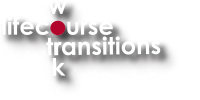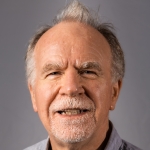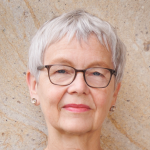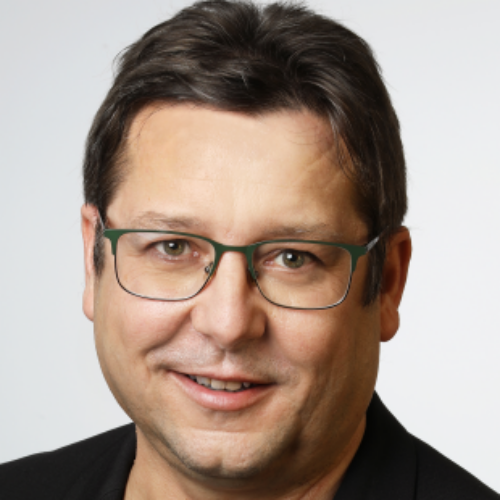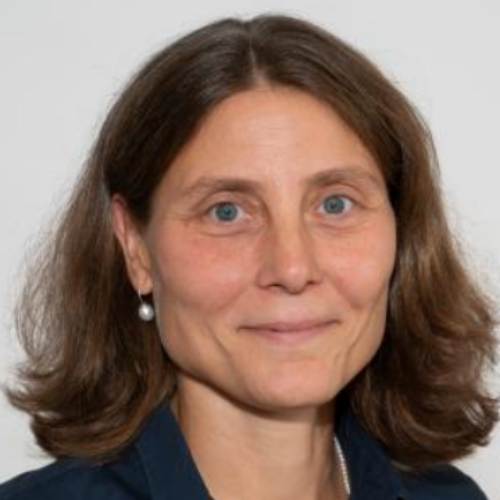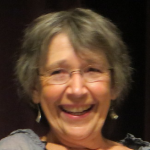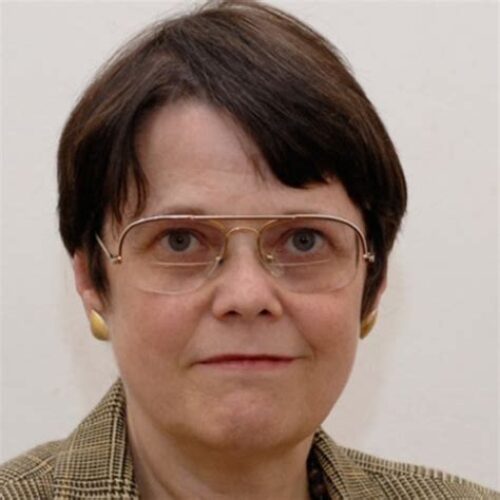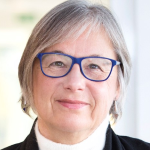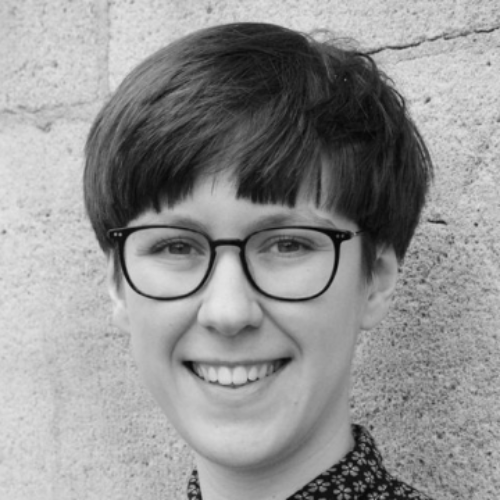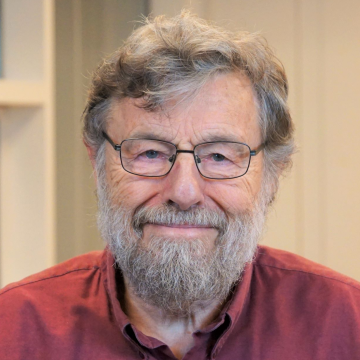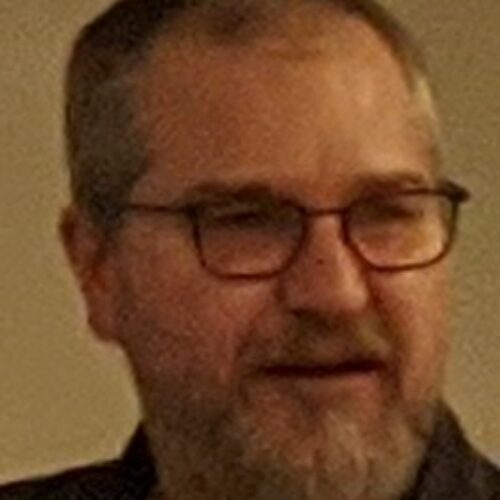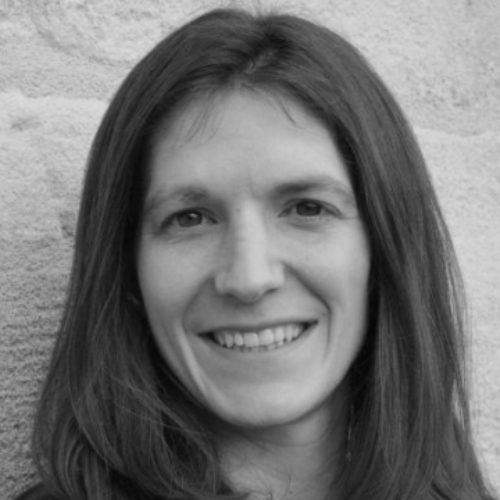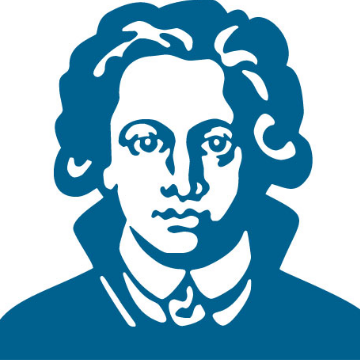Towards a deeper understanding of adult learning
Adults learn not only in dedicated educational institutions, but also in other contexts – such as work, community and volunteer associations, within families or via the World Wide Web. In the Lifelong Learning discourse, this phenomenon is often discussed by distinguishing between formal, non-formal and informal learning.
However, it would be incorrect to interpret this analytical distinction as though only formal learning processes were to take place in continuing education institutions and only informal learning processes in voluntary work. Instead, we need to bear in mind that it is individuals who learn. And this learning assumes different shapes and occurs in specific configurations and opportunity spaces. This leads us to view learning as a relation between the social and the individual; between reflection, engaging with experiences and the arrangements that shape this engagement.
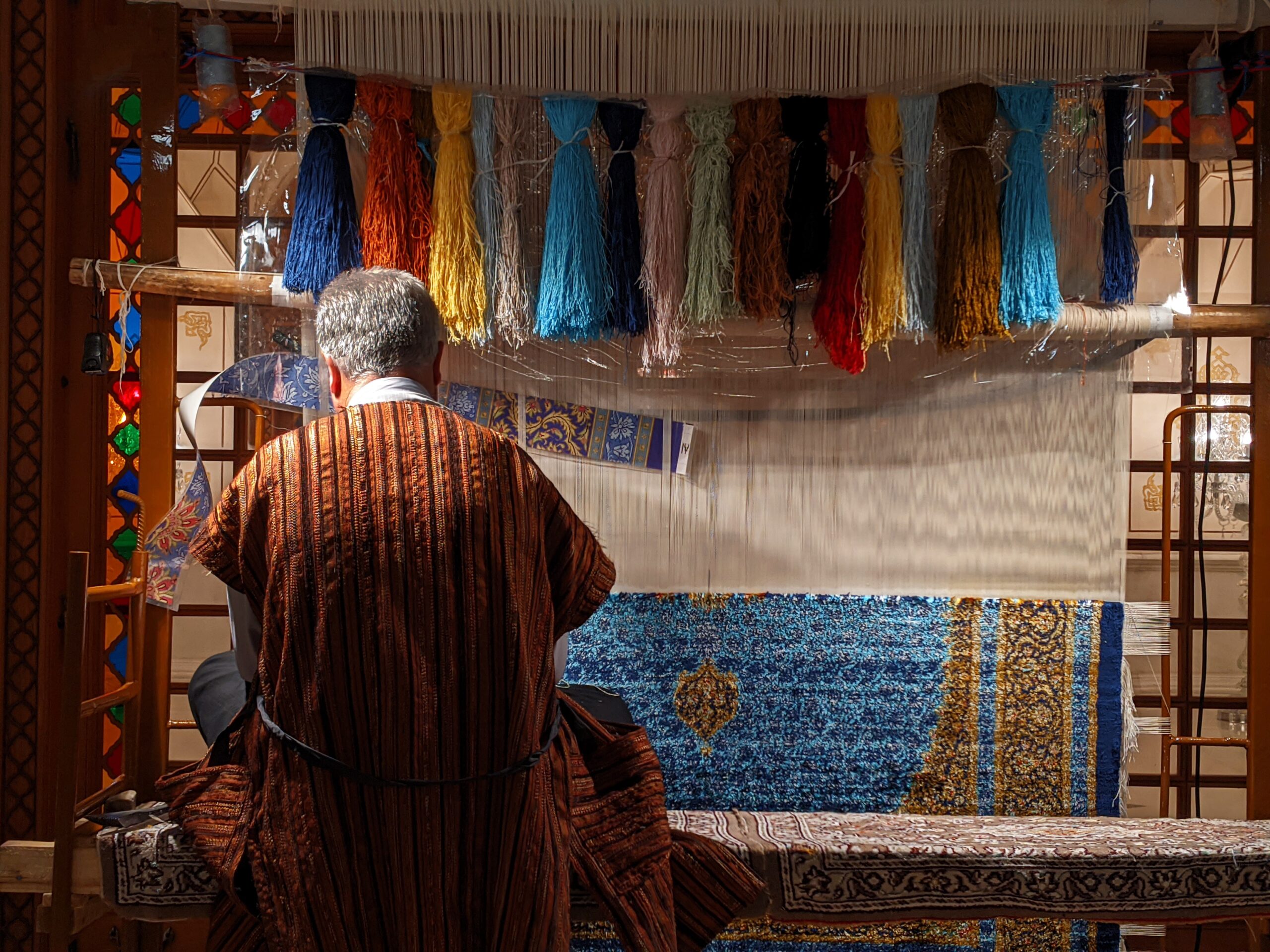

Whereas the study of teaching and learning within institutions of further education – as tends to be the focus in German adult education research – is valuable, there are very interesting international contributions dealing with adult learning outside these traditional contexts. For this reason, it seems urgent to us to broaden our understanding and to explore adult learning from international and complementary perspectives.
This symposium brings together international established and emerging researchers to discuss adult learning outside educational institutions. Of particular interest are the nexus and interrelations of life course, work, and transitions. We want to better understand adult learning by focusing on the influence of the life course – including life course transitions and biographical experience – and the demands, changing nature and evolving role of work in people’s lives. To this end, the discussions will feature theoretical contributions and empirical findings on the relationship between the social and individual in adult learning processes.
Presenters
We are very much looking forward to engaged discussions among an international group of established and emerging researchers in the field of adult education.
Presentation & Program DetailsVenue
Goethe University Frankfurt was founded in 1914 as a unique “citizens’ university.” It has a strong focus on research (19 current or former members of the university are Nobel laureates) and on third mission (being one of the first in Germany to establish a dedicated academic pathway programme for refugees).
Follow the link below for information on getting there & around, lodging, as well as things to do before or after the symposium.Westend Campus
…with its park-like ambiance and beautiful travertine-faced buildings is one of Germany’s most attractive, even featuring a beer garden.
Frankfurt am Main
…situated along the Main River has for centuries been at the crossroads of major European trade routes and maintains a strong international flair.
